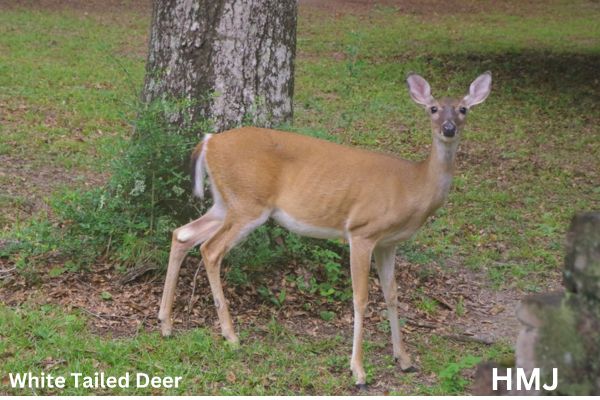In a shocking revelation, British Columbia faces a new and unprecedented threat as chronic wasting disease (CWD) is confirmed in two deer near Cranbrook. This highly contagious and fatal degenerative brain disease, likened to ‘mad cow disease for deer,’ has experts and authorities on high alert.
The affected deer, a male mule deer, and a female white-tailed deer found killed on the road, tested positive for CWD, according to wildlife experts from the B.C. government. The Canadian Food Inspection Agency (CFIA) confirmed the diagnoses on January 31, 2024, marking the first cases of this devastating disease in the province.
In response, provincial wildlife veterinarians are taking swift action, establishing a 10-kilometer radius around the area where the infected deer were found. Residents in this zone are urged to stay vigilant for further directions, particularly regarding deer feeding habits and the handling of carcasses.
The Ministry of Water, Land, and Resource Stewardship is issuing a plea for public cooperation, encouraging individuals to report any deer, moose, elk, or caribou displaying signs such as weight loss, drooling, poor coordination, stumbling, or unexplained sickness. Reports can be made to the 24/7 Report All Poachers and Polluters Line at 1-877-952-7277 or the B.C. Wildlife Health Program.
Jesse Zeman, executive director of the B.C. Wildlife Federation, compares the impact of CWD to ‘mad cow disease for deer.’ Affected animals exhibit symptoms like drooling, staggering, and spinning in circles, marking a significant challenge in wildlife management and conservation.
“This will forever change British Columbia,” warns Zeman.
CWD, caused by prions, infectious agents leading to cell death in the brains of deer, elk, and moose, poses a severe threat. The prions are shed into the environment through feces, urine, or the deceased animal, potentially spreading infection through contaminated soil, vegetation, or water for years. The disease has recently been reported in neighboring Alberta, Idaho, and Montana.
Despite its discovery in 1967, CWD has seen a recent surge in spread, reaching South Korea, Norway, Sweden, Finland, and the United States. While there is no evidence of transmission to humans, restrictions on meat products contaminated with CWD have been implemented across Canada.
Jesse Zeman criticizes the B.C. government, claiming inadequate measures despite years of warnings. With no available vaccine, Zeman emphasizes the urgency of reducing high-density deer populations, particularly in urban areas like Cranbrook and Kimberley, through hunting as a temporary solution.
As British Columbia faces this wildlife crisis, it becomes imperative for the government, communities, and individuals to collaborate in implementing effective strategies to curb the spread of CWD and protect the region’s delicate ecosystem.
